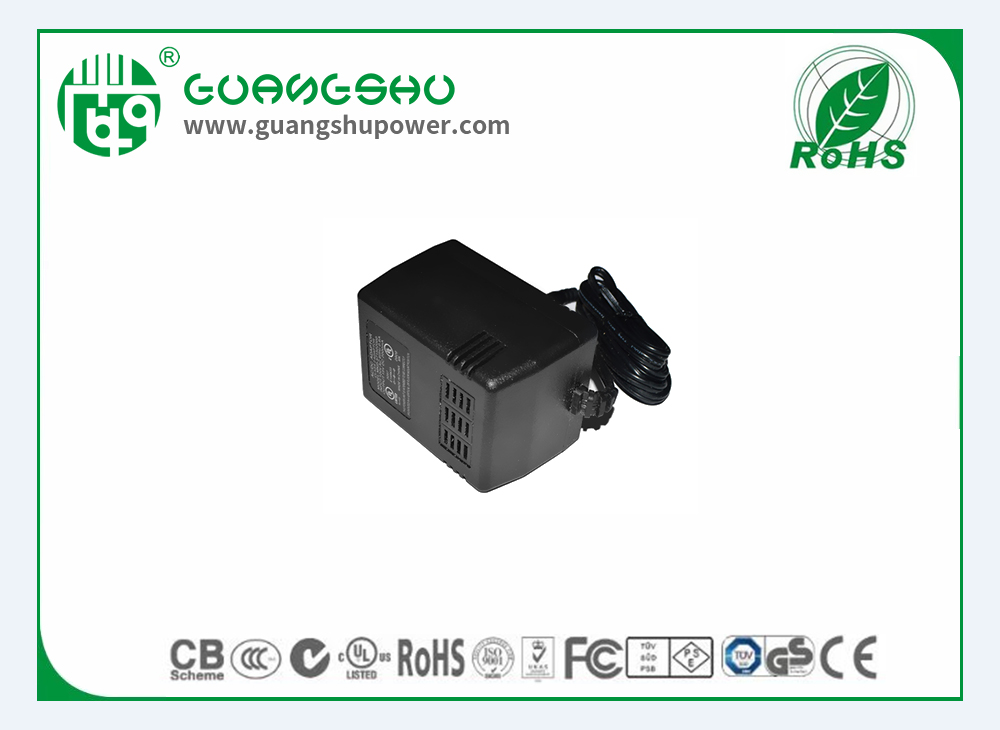Time:2025-03-25 Views:0

In the highly competitive power adapter market, ensuring product quality is of utmost importance. A comprehensive quality management system (QMS) is the cornerstone for power adapter manufacturers to maintain a good reputation and gain a competitive edge.
The QMS starts with raw material inspection. Since power adapters are composed of various components like transformers, capacitors, and printed circuit boards, strict inspection of these raw materials is crucial. For example, the tolerance of capacitors must be within a specified range to ensure stable voltage output. Manufacturers should work with reliable suppliers and implement an incoming inspection procedure to verify the quality of each batch of raw materials.
During the production process, in - line quality control is essential. This includes continuous monitoring of soldering quality, as poor soldering can lead to loose connections and safety hazards. Automated testing equipment can be used to check electrical parameters such as output voltage, current, and efficiency at multiple production stages. For instance, after the assembly of the main circuit board, a full - function test is carried out to ensure that the power adapter meets the design specifications.
Final product inspection is the last line of defense. Each power adapter must undergo a series of comprehensive tests, including safety tests (such as insulation resistance and grounding continuity tests), environmental tests (like high - low temperature and humidity tests), and long - term reliability tests. Only products that pass all these tests can be released to the market. Moreover, customer feedback should be actively collected and analyzed. Any quality issues reported by customers are used to improve the QMS, such as modifying the production process or changing the choice of raw materials.
Read recommendations: